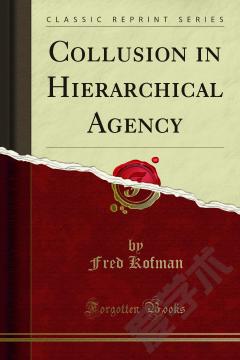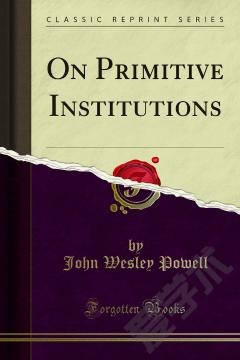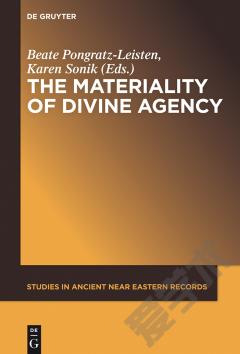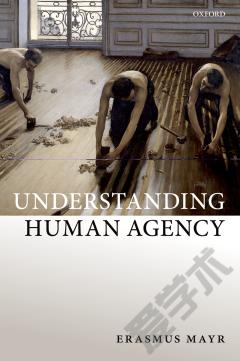Collusion in Hierarchical Agency
Abstract: We study a model where shareholders can use auditors' reports to contract with a privately informed manager but the manager can bribe the auditors to manipulate their reports. Such auditors are useful if they have good information and the liability of the manager is high.In the optimal contract under collusion, even with unbounded punishments and costless auditing, production does not reach its optimal level. Raising the punishment for the manager raises the bribe he is willing to offer the auditor raising the cost of preventing collusion. When liability grows without bound and part of the punishment is non-transferable maximum deterrence will not be optimal.To model cross-checking mechanisms, we distinguish internal (costless but may collude with the manager) from external (costly but never collude) auditors. We prove that the optimal contract might specify random external audits. We consider a self-interested external auditor and find that the optimal contract is unchangedFinally, we present a model where allowing collusion is the optimal strategy for the principal.
{{comment.content}}








 京公网安备 11010802027623号
京公网安备 11010802027623号